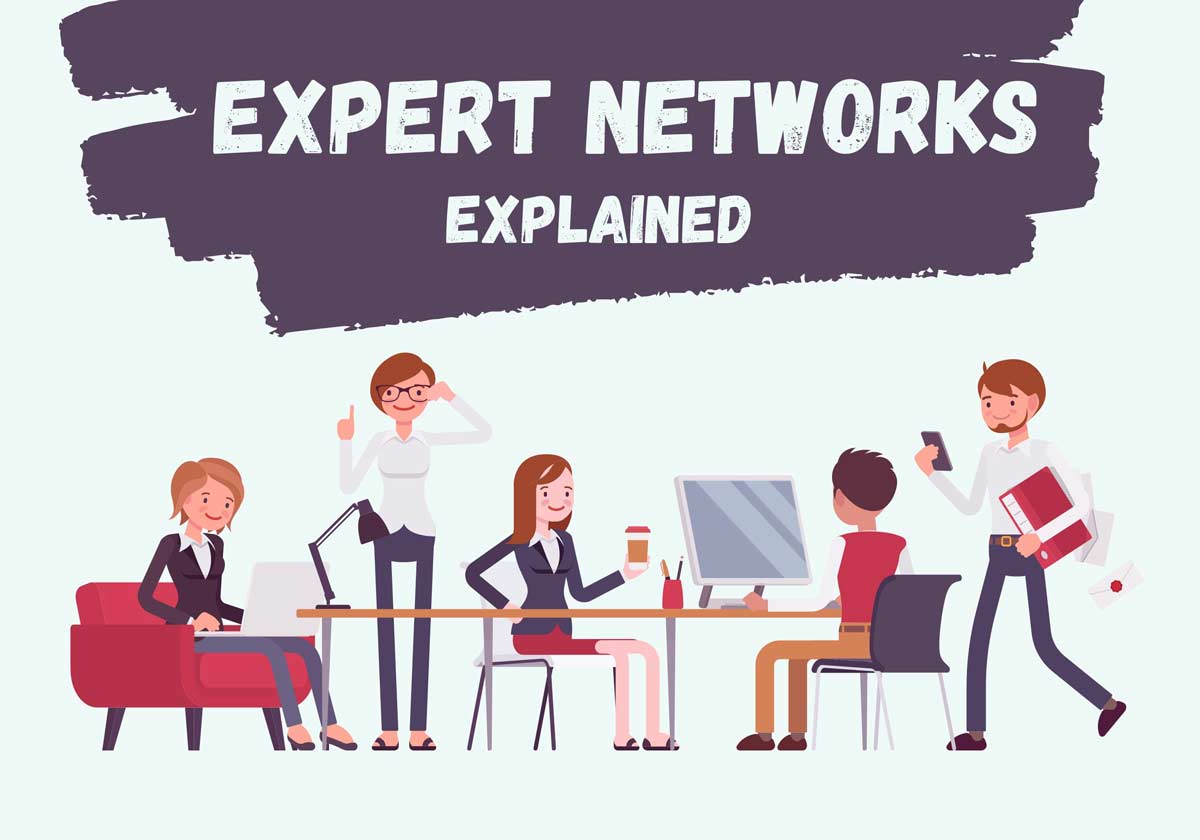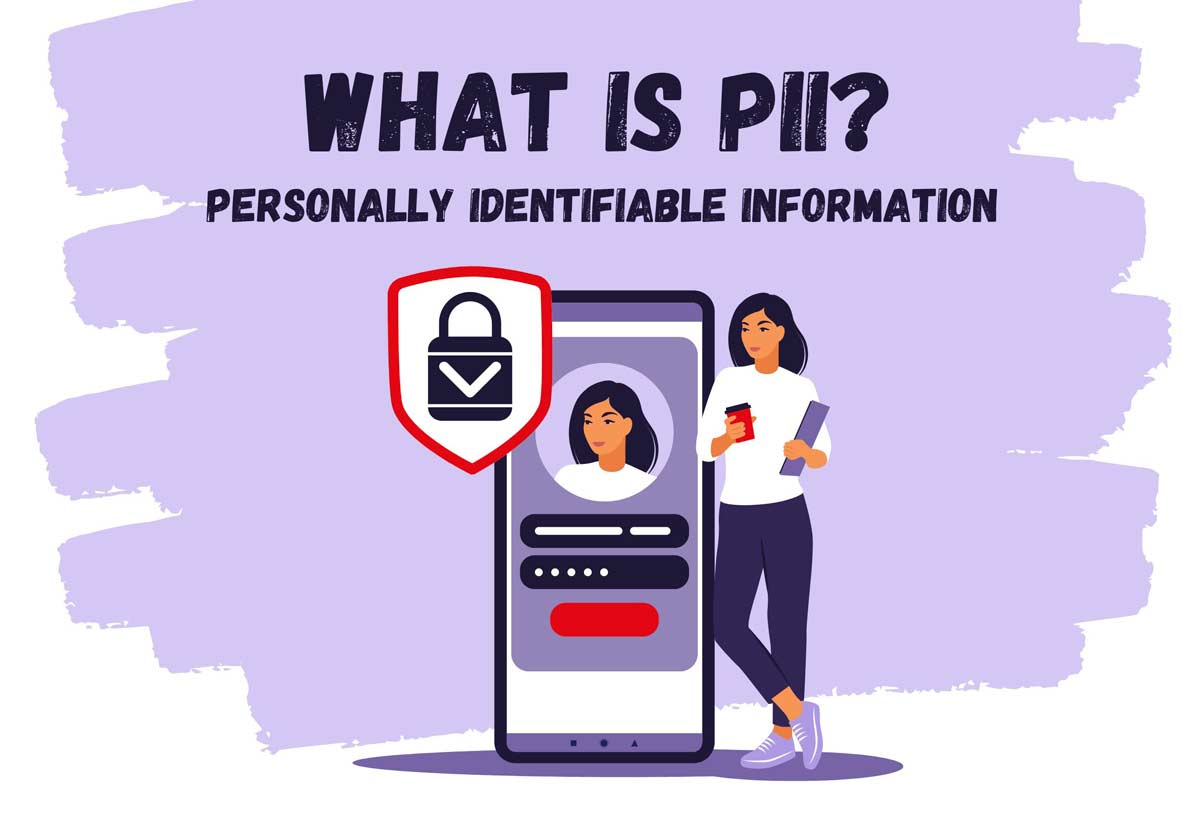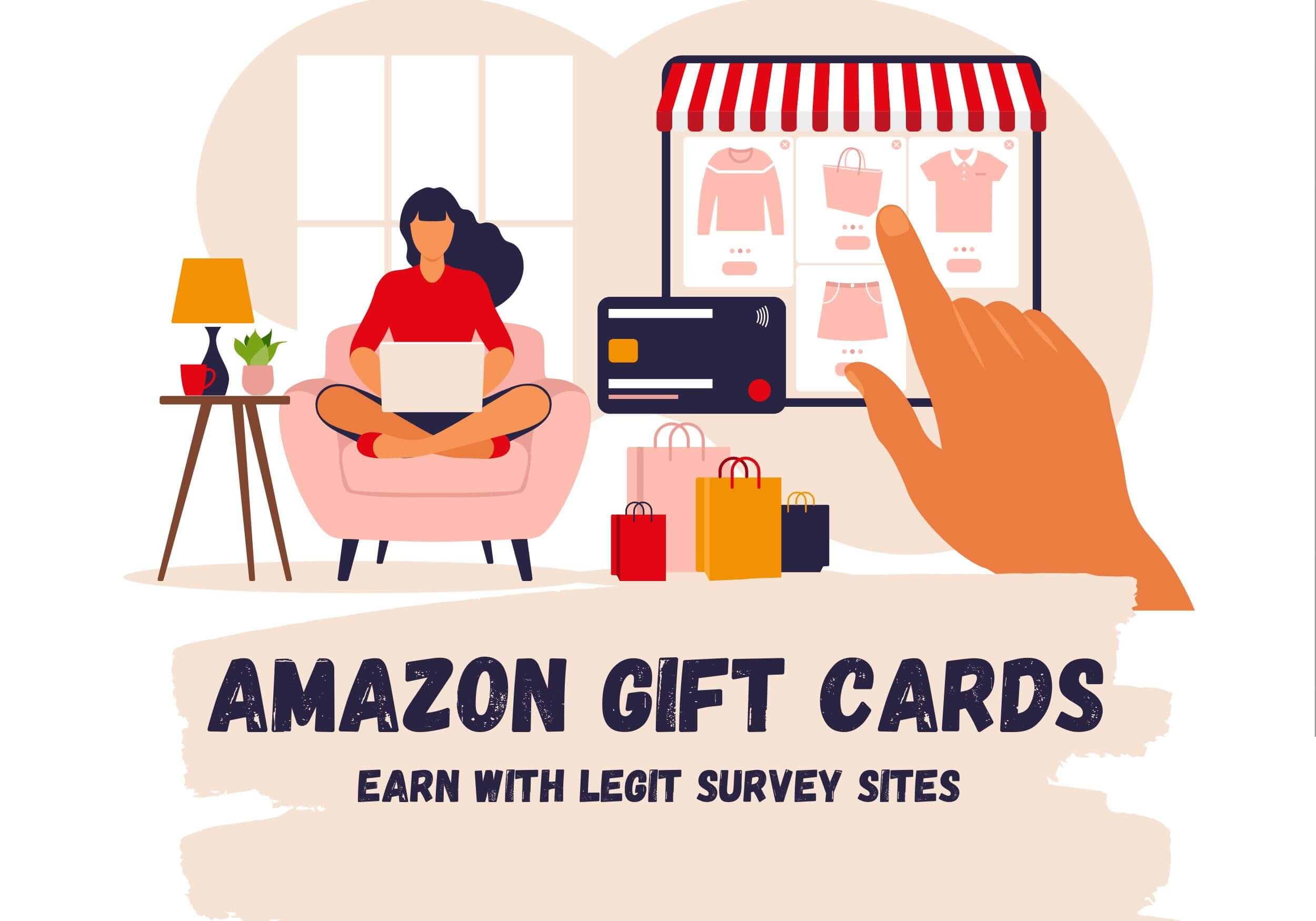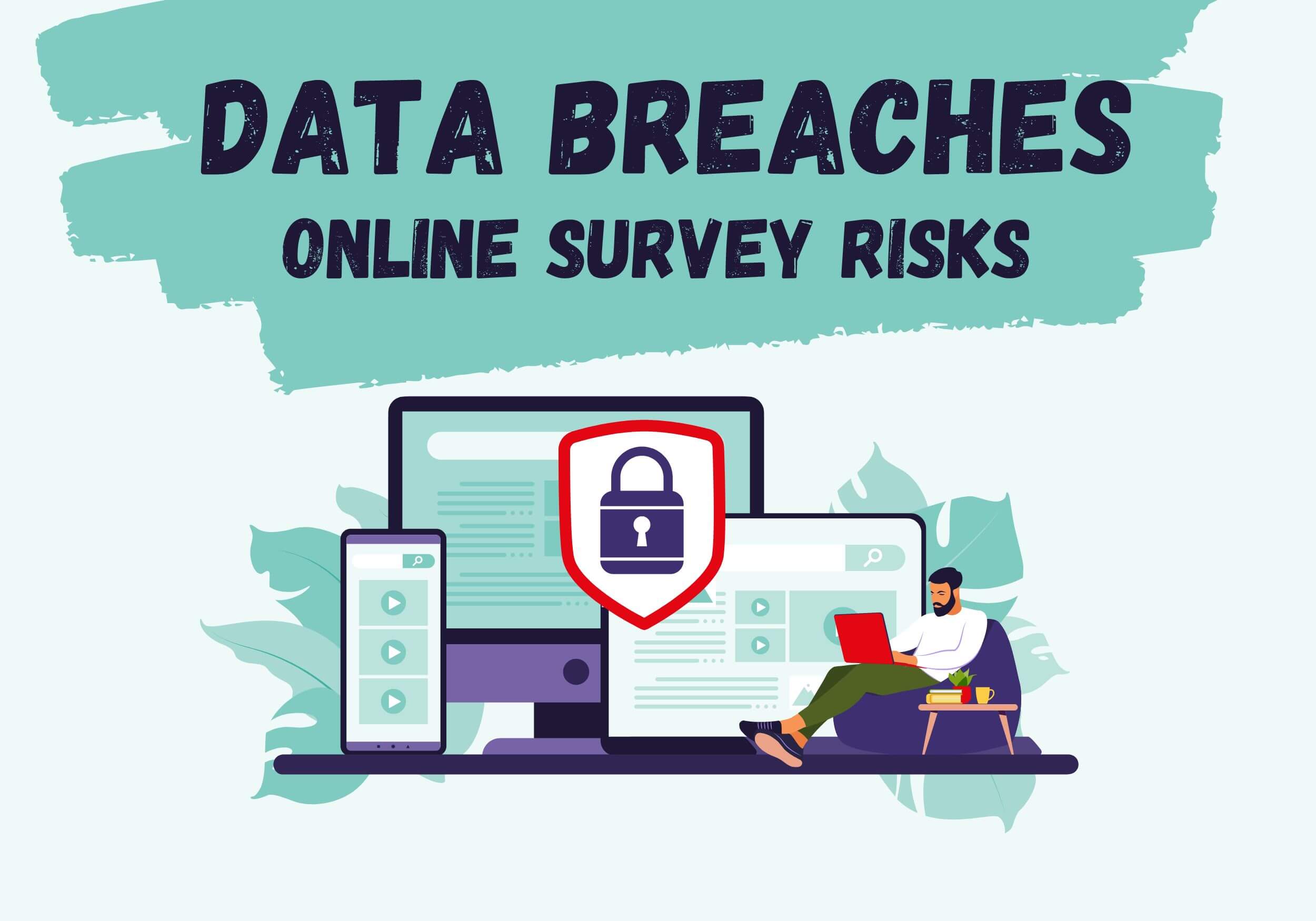You may have heard that you can use VPN for online surveys in other countries. This way, you could potentially take surveys that are meant for consumers in other countries and earn more money. In this post, we’ll investigate if this is true by testing which survey sites work with VPN, and we’ll explain the concept of VPN blocking.
Why using VPN for online surveys is a bad idea
Using VPN for online surveys might seem like the perfect match to get an extra layer of protection. However, this is a huge mistake. Most market research companies have very strict policies against it. They can easily detect if you are using VPN by checking your location, time zone, browser settings, and device information.
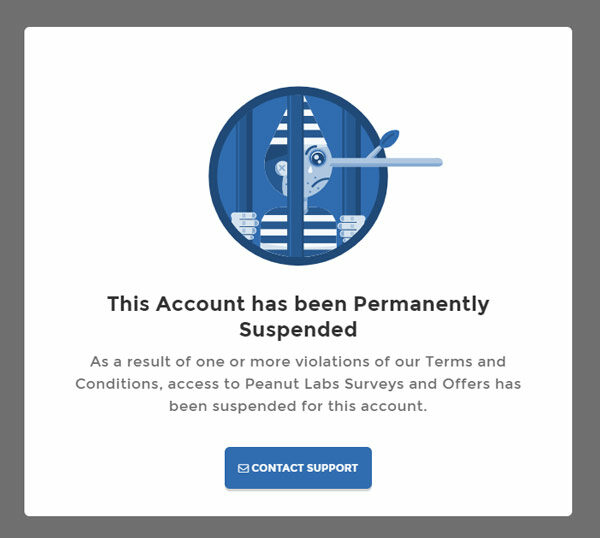
If they find out that you are using VPN, they will be quick to take action. They could close your account and take away your earnings. Even if you use VPN for the same country as you live, you could still face problems. This is obviously not ideal because VPN can also help you keep your browsing safe and protect against malware.
Which survey sites allow VPN?
We tested a number of survey sites to check which ones allow VPN. Here are the results:
| Survey Site | VPN allowed? |
|---|---|
| Prolific | No |
| OpinionOutpost | No |
| Saybucks | No |
| Rakuten Surveys | No |
| Qmee | No |
| Ipsos iSay | No |
| Lifepoints Panel | No |
| Lootup | Yes |
| Surveyeah | Yes |
| Freecash | Yes |
| Viewfruit | Yes |
| Earnhoney | Yes |
As you can see from the chart above, leading survey sites such as Ipsos iSay and Lifepoints don’t allow for VPN. These are sites run by big market research agencies, and they usually have strict policies in place. No surprise there.

Rewards sites offering survey opportunities like Viewfruit and Earnhoney on the other hand are more flexible and allow users to sign up with VPN. However, even if they allow you to sign up using VPN you still might not be able to take surveys. Many of the sites will forward you to 3rd party surveys, which might have stricter policies in place for VPN usage.
Proof of address
And even if you’re able to take surveys, you’ll probably have a hard time getting paid if you don’t live in the same country as you take surveys in – many survey companies ask for proof of address before issuing your payment. If you get paid in PayPal, your account needs to be registered in the same country. If bank transfer you need to have a national account etc. So to be clear; we don’t recommend signing up for a survey site if you don’t live in the same country.
VPN blocking of online surveys
There are some positives to VPN blocking from the survey company’s perspective, but there are also some big negatives for normal honest respondents. Many people use a VPN connection by default to protect their data privacy online as a precaution. By blocking all VPN connections, survey companies are essentially categorizing all VPN users are cheaters, which is of course not the case.
Take Nord-VPN as an example. This is how they market their service on their homepage: “NordVPN keeps your devices malware free and your browsing safe from strangers’ eyes. How safe? It would take the world’s most powerful computer billions of years to unencrypt your data — that safe.”
This sounds like the perfect solution for survey takers who are constantly submitting personal data on a regular basis. They often sign up for different survey sites submitting personal data such as email, phone number and address. They then go on to take surveys on sensitive topics such as their health conditions, financial situation and employment details. VPN could be the perfect solution.
Also, many survey takers are actively testing out new survey platforms on a regular basis to identify good sites to join. While you can check expert review sites such as HuginX before signing up, it always makes sense to take some precautions when testing out a new survey platform for the first time.
Reward sites are good examples. When signing up for a reward site such as Testerup or Swagbucks you’ll be exposed to a myriad of 3rd party offers ranging from casino sites to survey sites. For every offer you sign up for to earn rewards, you’ll need to submit personal information. However, you won’t be able to protect yourself using a VPN connection.
Negative aspects of VPN blocking for survey takers summarized:
Compromising security and privacy
VPN blocking by survey sites can compromise the security and privacy of some survey takers. Some people may have sensitive data that they want to protect from prying eyes or malicious actors online. For example, they may have medical conditions, financial details or work-related information that they don’t want to share with anyone.
Using VPN can help them encrypt their data transfers and prevent unauthorized access or interception. By blocking VPN traffic, survey sites could force these people to choose between their security and privacy or their survey earnings.
Inconvenience and frustration
VPN blocking creates inconvenience and frustration for some survey takers. Some people may use VPNs for legitimate reasons, such as protecting their data transfers on unsecured WiFi networks or accessing geo-restricted content online. They may not intend to cheat or lie on the surveys, but they could still get blocked or banned by the survey sites. This could make them feel annoyed and discouraged from taking surveys online.
Issues for remote workers
Some companies require their employees to use a secure VPN connection when travelling or working from home in order to protect sensitive company data. For survey-takers that are on the road a lot and use VPN to connect from airports, hotels and other locations it means they’ll need to take a break from survey-taking.
Less protection from oppressive regimes
Using a VPN is often used to circumvent institutional censorship and monitoring by people living in countries with oppressive regimes (such as Russia, China, North Korea, and Iran). By not being able to use VPN for online surveys, users might simply not take the risk of signing up for surveys sites as they are scared of the regime tracking their online behaviour,
Cross-border issues
People residing in regions close to international borders might use VPNs simply because their internet traffic frequently routes through neighbouring countries. This can result in survey takers who are legitimate residents of one country appearing as if they are located in another due to VPN usage.
As you can see from the above, there are quite a few negative implications of not being able to use VPN for online surveys. However, let’s also not forget why survey companies put VPN-blocking in place in the first place:
Key reasons survey companies put VPN blocks in place
- It ensures that the survey data is accurate and reliable. Survey sites want to collect honest opinions from real consumers in specific markets. If people use VPN to fake their location, they could skew the results and affect the quality of the research.
- It prevents fraud and abuse of the survey rewards. Survey sites often offer incentives to their users, such as cash, gift cards, vouchers, etc. If people use VPN to access multiple surveys from different countries, they could cheat the system and claim more rewards than they deserve.
Alternatives to using VPNs for survey sites
If you struggle to find attractive survey sites in the country you live in, or you are concerned about your data privacy when taking surveys, we suggest checking our directory of survey sites on HuginX.
We’ve made it really easy to quickly select your country, and sort the survey sites based on their expert ranking. Instead of taking the risk of testing unknown survey sites to see if they work, you’ll be able to identify to best ones available in your country.
Special VPN for online surveys – does it actually work?
You may also come across some websites or blogs that claim to know which special VPNs that work for survey sites. They promise you that you can bypass the survey site’s detection and access more surveys with higher payouts. Don’t fall for these claims!
These websites or blogs are usually affiliates of the VPN services they promote. They get paid a commission every time someone signs up for a VPN service through their links. They don’t care about your survey experience or earnings. They only care about making money from you.
Screenshot from Google search results page showing countless websites promising the “Best VPN for Survey Sites”:
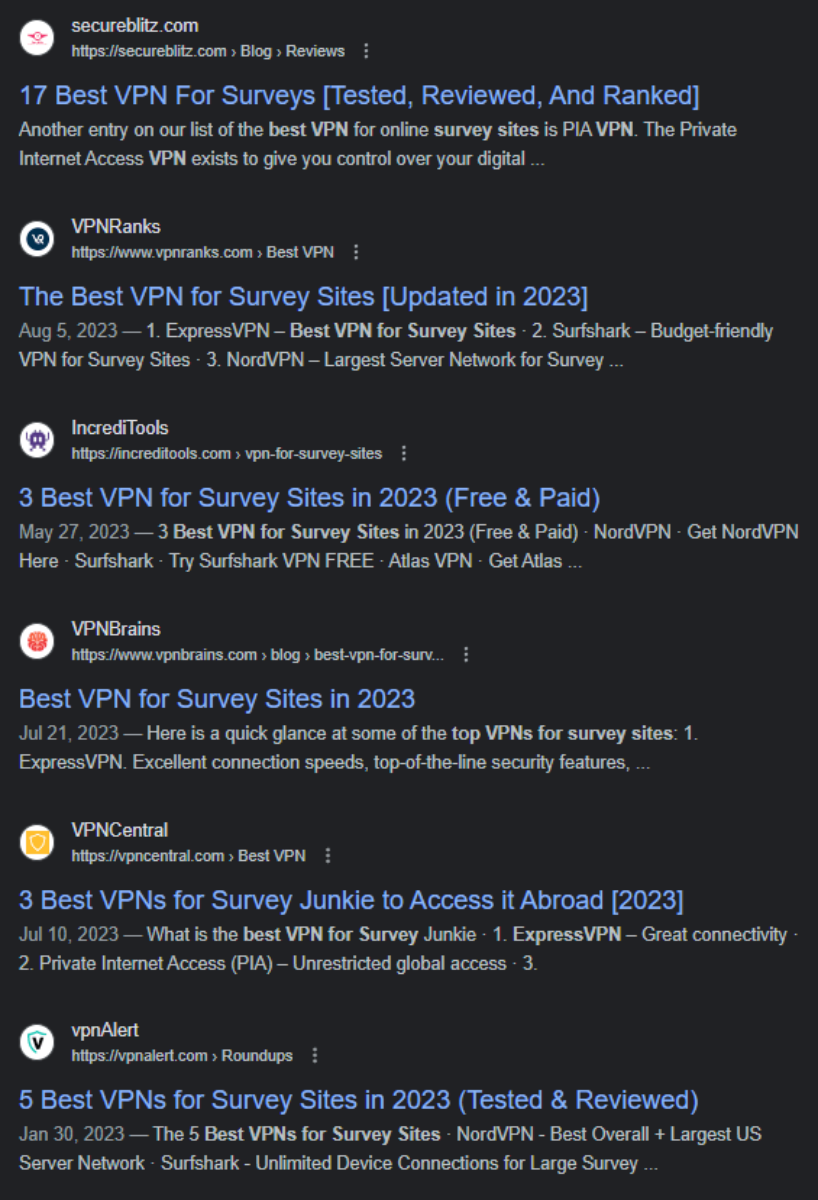
For example, one website claims to have tested over 50 VPNs and found the top 5 ones for online surveys. They say that these VPNs can help you access surveys from over 30 countries and earn up to $500 per month. However, if you look closely at their reviews, you’ll see that they are full of vague and generic statements that don’t provide any evidence or proof of their claims.
They also have a lot of spelling and grammar errors that suggest low-quality content. Moreover, if you click on any of their links, you’ll see that they redirect you to the VPN service’s website with an affiliate code attached to it.
This is just one example of how some websites or blogs try to deceive you into using VPN for online surveys. Don’t trust them! They are not reliable or trustworthy sources of information.
What happens when you try to redeem your earnings with VPN
Another thing you should know is that many survey sites will also ask for proof of address at the point of redemption. This means that when you want to cash out your earnings, you will have to provide a document that shows your name and address, such as a utility bill, a bank statement, or a government-issued ID.
If your address does not match the country you claimed to be from when you took the surveys, you will be in trouble. The survey site will reject your request and may even suspend your account. This is another way that survey sites can catch VPN users and prevent them from getting paid.
Which countries use VPN the most?
In a report by Global Web Index (GWI) from 2020, VPN adoption is highest in Asia Pacific countries with VPN usage above 30% in countries such as Indonesia, India and China.
Regional VPN usage:
- Asia Pacific: 30%
- Europe: 17%
- Latin America: 23%
- Middle East and Africa: 19%
- North America: 17%
Top 10 countries with the highest VPN usage:
- Indonesia: 38%
- India: 38%
- Turkey: 32%
- China: 31%
- Malaysia: 29%
- Saudi Arabia: 29%
- Brazil: 26%
- Vietnam: 25%
- UAE: 25%
- Philippines: 25%
VPN usage is likely to have increased further after this report came out in 2020, which will have serious consequences for both survey companies and survey takers. The more widespread VPN usage is in the population, the higher proportion will be blocked from taking surveys. This is not good news for serious market research companies, which always aim for a representative sample of the population.
As VPN usage continues to increase with more than 30% of the population using VPN in certain countries, our prediction is that survey companies will need to find alternative ways to verify the actual location of a survey taker.
How does VPN blocking for survey sites work?
Curious about the technical side of how VPN blocking works for survey sites? Here are some of the key factors used to detect and block VPN connections:
- VPN Server Databases: Identifying connections from known VPN server IP addresses.
- Traffic Analysis: Detecting anomalies in volume, frequency, or timing of network traffic.
- DNS and IP Leaks: Checking for inadvertent IP leaks despite VPN use.
- Geolocation Discrepancies: Metadata includes information about the geographic location from which data is sent. If a survey respondent claims to be in London but the metadata indicates an IP address associated with a server in New York, a red flag is raised.
- Timestamp Consistency: Metadata contains timestamps indicating when data is transmitted. If a user suddenly submits responses with timestamps that don’t align with their claimed location’s time zone, it suggests VPN usage.
- Browser Fingerprinting: Metadata might include browser details like user agent strings and cookies. If these details change drastically between responses, it could indicate an attempt to obscure true identity and location.
- Connection Path Analysis: Examining the path that data packets take from the respondent’s device to the survey platform’s server. Anomalies in this path might suggest the use of a VPN.
- Packet Header Inspection: Analyzing packet headers to identify any telltale signs of VPN protocols or services.
- Connection Duration: Monitoring the duration of the connection between the respondent and the survey platform. Sudden drops or fluctuations might be linked to VPN usage.
- Packet Size Analysis: Scrutinizing the size of data packets transmitted. Unusually large or small packets could be indicative of VPN usage.
- Network Latency: Measuring the time it takes for data to travel from the respondent to the survey platform’s server. Significant deviations from normal latency patterns might signal VPN involvement.
- IP Address Changes: Comparing the IP address used in the connection handshake to the IP address in the metadata. If these don’t match, it raises suspicions of VPN usage.
The bottom line: don’t use VPN for online surveys
As you can see, there are both advantages and disadvantages of survey sites blocking VPN traffic. While there are legitimate reasons to use VPN for survey sites, the market research industry has decided to see it as a potential threat. This means you could lose your survey account and all your accumulated earnings if repeatedly connecting through a VPN service.
Don’t worry, you’ll find tons of legit survey sites on HuginX that accept participants from your country. These sites have surveys that match your profile and interests and pay you fairly for your time and effort. By taking surveys honestly and without using VPN, you can make money online safely without the fear of account suspension.



